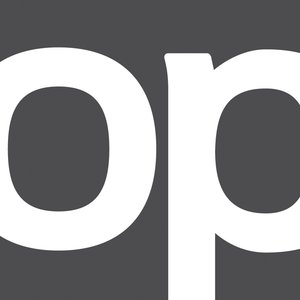Editorial: Regulated we stand, monopolized we fall

The Oakland Post
What are you willing to pay to Google a cat meme? How about to stream that full season of American Horror Story on Netflix? The next time you log on to Moodle, have your wallets at the ready, OU.
As of last January, when the U.S. Court of Appeals for the District of Columbia overthrew many of the federal rules requiring broadband providers to treat all Internet traffic equally, we as Americans have lost control of our web, turning it over to the hands of the Federal Communications Commission (FCC) and major broadband providers such as Comcast and Verizon. This opens the possibility of these companies purposefully slowing down Internet connection, charging more for higher-speed browsing and eventually access to online content such as YouTube, Spotify, Netflix, and other users of high bandwith.
“Right now it’s more expensive to just get Internet than to buy Comcast’s package,” said Politics and Internet (PS 319) student Krista Squier. “You can see where they’re already trying to have a monopoly.”
“It’s a gate-keeping issue,” said her classmate Courtney Souden. “Rather than to go see what you want, you only see what Comcast wants you to see.”
On Monday, President Obama publicly called for “net neutrality,” or “no toll roads on the information super highway,” saying that “an open Internet is essential to the American economy, and increasingly to our very way of life.”
In other words, he suggested that, following Title II of the Communications Act of 1934, which would make the broadband providers “common carriers,” the Internet would become a utility, “like electricity and water.”
Provoking the age-old debate over big government versus individual rights, the call for government regulation has naturally caused protest.
“’Net Neutrality’ is Obamacare for the Internet; the Internet should not operate at the speed of government,” tweeted Sen. Ted Cruz (R-TX).
“What about subsidies and taxpayers?” questioned political science student Mike Snow. “If you turn [the Internet] into a utility, it can be government-regulated even more.”
If left in its current state, however, the potential of Comcast and other broadband big-wigs, according to USA Today, “charging tolls for ‘fast lanes’ or discriminating against content” looms. Eventually, what you see for free on the Internet could be completely decided by these companies, monopolizing the “information highway” and thus the resources of the American people.
While we at The Oakland Post recognize the current potential pitfalls of government regulation for the Internet consumer, we believe that net neutrality is overwhelmingly positive, especially for today’s college student.
As Oakland’s tuition continues to increase and student loan levels sit at an all-time high, we at The Post believe that the last thing college students need is to be forced to pay more money for information access.
For computer science students and Internet entrepreneurs such as Vizor team member Ziyad Al-Obaidi, the resistance to net neutrality could also stifle his budding career. “We’re designing web apps: one of the most amazing things you can do,” he said. “We may not get to compete with a big company as they can pay the extra charges and essentially limit what we do. As a young college student entrepreneur, you definitely don’t want to have that. You want to use your money in the most important way.”
The Oakland Post urges students to fend for your right to information, for your right to knowledge. In the words of political science professor Terri Towner, “free and open Internet is essential for democracy.”
After all, knowledge is power, and at the end of the day, Oakland, who do you want in control?








